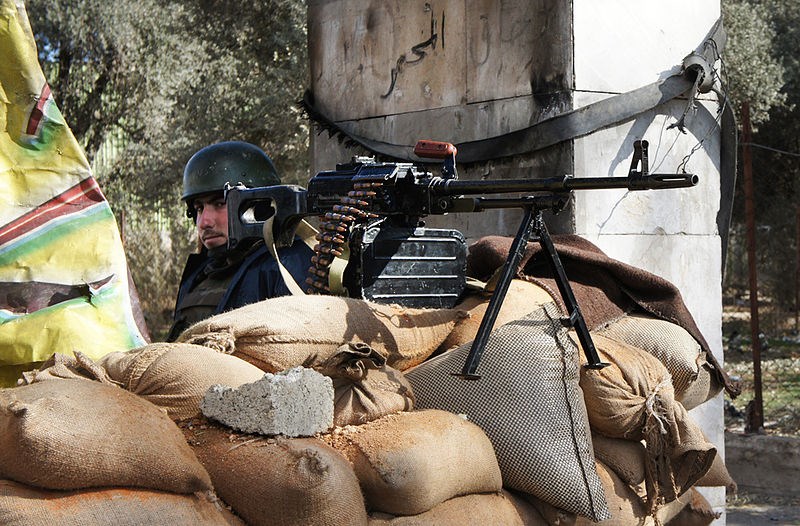As the international tension surrounding Syria continues to mount, current and former New Westminster politicians are weighing in on what Canada’s role should be in the conflict, while U.S. president Barack Obama pushes for military intervention.
Burnaby-New Westminster NDP MP Peter Julian is calling on Canada to step up humanitarian aid.
“My concerns about Syria is Canada should be playing a much more significant humanitarian role. The whole issue of family reunification – we have Syrians in Burnaby and New Westminster, and they are really concerned about their loved ones, and they are not able to apply to have their loved ones reunited,” he told The Record. “This is a real concern because of the chaos in the immigration system caused by a whole series of bad decisions made by Mr. Harper’s government.”
Harper has said he will prorogue Parliament till October, but Julian wants the prime minister to call Parliament back to consider the Syrian question, as the U.K. has done.
“Among our allies, the United Kingdom, their prime minister – to his credit – called parliament back. We certainly believe the same thing, that Parliament needs to be consulted on these issues before any decisions are taken,” Julian said.
Dawn Black, former New Democrat MLA and MP for New Westminster, echoed Julian’s comments.
“The international community has been very slow to react to the situation is Syria for the over the past couple of years,” she told The Record. “It’s pretty clear where this has the potential to go. It’s well past time that Stephen Harper call back the House of Commons and have a debate on what Canada should or could do. In the meantime, we should be taking the role in terms of the situation for refugees. It’s horrific, it’s horrible what’s happening.”
Black said Canada could be doing a lot more in terms of helping refugees and should not take any unilateral action.
“If there is action taken it has to be a concerted effort through the United Nations, through the international community,” she said. “Nothing must be done unless it’s done through the international community.”
The Syrian government, led by president Bashar al-Assad, has come under international scrutiny following a chemical weapons attack on Aug. 21. The U.S. estimates that more than 1,400 people were killed, including hundreds of children. Syria’s president is blaming jihadists, while the U.S. blames the Syrian government. Meanwhile, U.N. weapons inspectors, who were shot at by snipers during their investigation, have yet to complete their report. Harper has indicated that Canada has no military plan in the works but that the government would support our allies who may be contemplating force. On Wednesday, Obama gained support for military intervention in Syria from a Senate panel, but the resolution still needs to go before the full Senate and the House of Representatives.
Paul Forseth, former Conservative MP for New Westminster, said many people feel the need to help given the images on TV coming out of Syria.
“Canada’s on the sidelines for now, but how many more thousands will have to die before there’s some outside intervention from the West?”
Forseth said it was irresponsible for the NDP to be “isolationist.” “I think that’s their approach, I think there’s going to be many more stages to this world tragedy in the future,” he added. “In the meantime, we can continue to help the refugees that cross the borders and support the international institutions that are trying to help. But at some point, I predict the balance of risk versus some meaningful help to stop all this killing is going to weigh into the favour of some kind of Western intervention. … When that finally happens, there will be the question, ‘Well, why didn’t you do it earlier?’”
Forseth said there’s no easy answer to a problem that’s been developing for years.
“It seems to be a struggle for power and control and religion, rather than what we would think is struggle for human rights and democracy,” he said.



